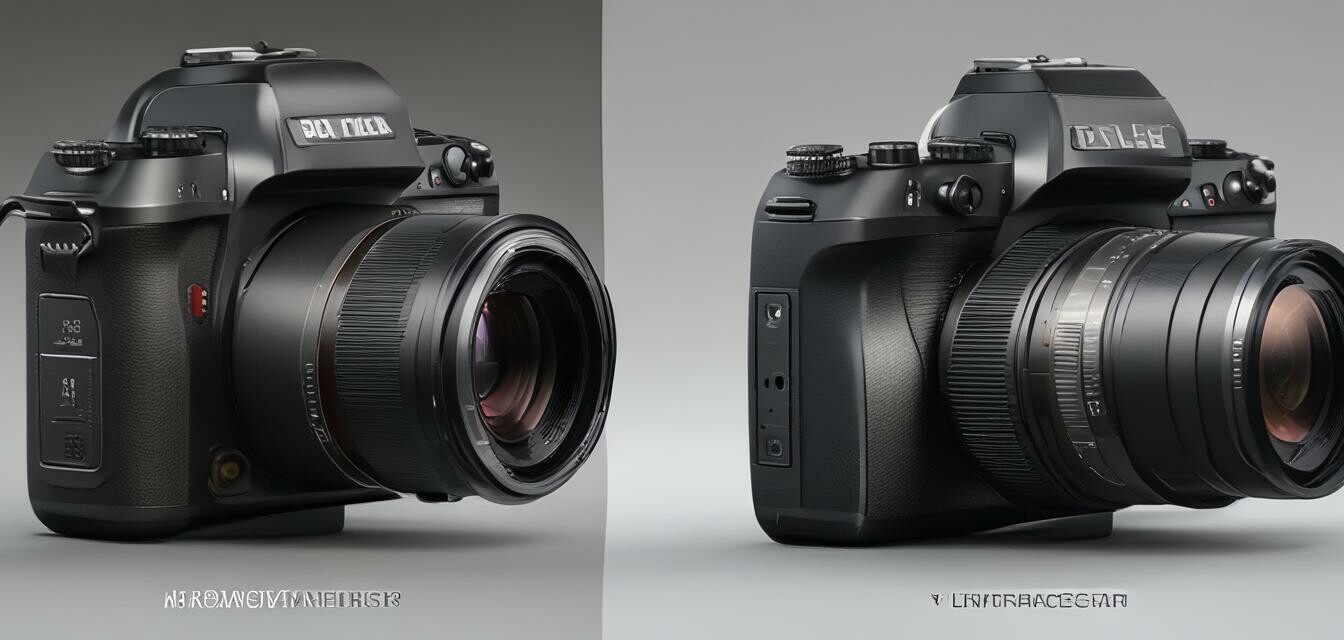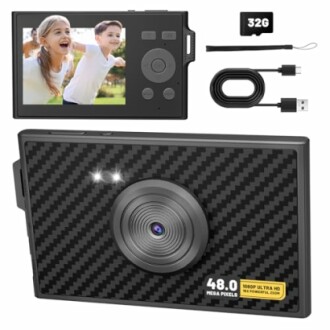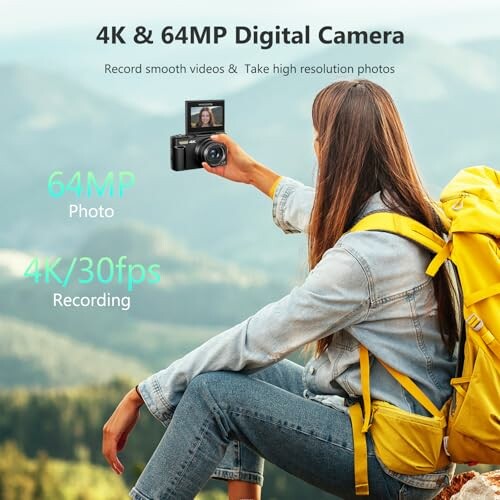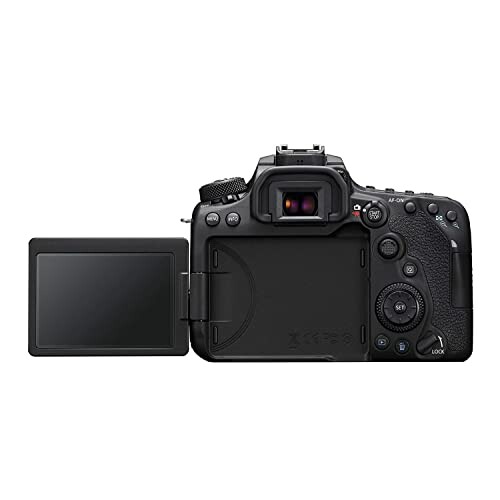
DSLR vs. Mirrorless: Which is Right for You?
Key Takeaways
- DSLR cameras use a mirror mechanism, while mirrorless cameras are lighter and more compact.
- Mirrorless cameras tend to have faster shooting speeds due to the lack of a mirror.
- DSLRs generally offer better battery life compared to mirrorless options.
- The autofocus systems are evolving rapidly in mirrorless, making them suitable for many photography styles.
- Your choice may significantly depend on the type of photography you pursue.
In the world of photography, choosing the right camera is essential. The two most popular types of cameras are Digital Single-Lens Reflex (DSLR) and mirrorless cameras. Each has unique features, strengths, and weaknesses. This article aims to provide a detailed comparison to help you determine which system best suits your shooting style and needs.
Understanding the Basics
What is a DSLR?
A DSLR is a digital camera that utilizes a mirror system. This camera captures images through a reflex mirror and an optical viewfinder. This allows photographers to see exactly what the lens sees, which is ideal for accurate framing.
What is a Mirrorless Camera?
Mirrorless cameras, as the name suggests, lack the mirror mechanism found in DSLRs. Instead of an optical viewfinder, they use an electronic viewfinder or the rear LCD screen. This design contributes to a lighter and more compact structure.
Performance Comparison
| Feature | DSLR | Mirrorless |
|---|---|---|
| Size & Weight | Generally bulkier and heavier | More compact and lightweight |
| Autofocus Speed | Slower compared to mirrorless | Fast and improving technology |
| Battery Life | Longer battery life | Typically shorter battery life |
| Image Quality | Excellent, especially with high-end models | Also excellent, and often improving |
| Lens Variety | Wide range of lenses available | Growing but still limited options |
Strengths and Weaknesses
Pros of DSLR Cameras
- Optical viewfinder for clear image preview
- Better battery life for extended shoots
- Wider selection of lenses and accessories
Cons of DSLR Cameras
- Heavier and bulkier design
- Slower autofocus in some models
- No live image capture
Pros of Mirrorless Cameras
- Lighter and compact for easy transport
- Faster continuous shooting speeds
- Live view leads to accurate exposure and focus adjustments
Cons of Mirrorless Cameras
- Generally shorter battery life
- Possibly fewer lens options compared to DSLRs
- Can be more expensive for similar features
Best Cameras for Different Needs
For Beginners
If you are new to photography, you may benefit from a user-friendly camera. The Digital Camera, FHD 1080P Kids Camera is a great option for beginners and young photographers.
Digital Camera, FHD 1080P Kids Camera
This compact and portable camera features a 48MP resolution ideal for capturing memories without complex settings.
Learn MoreFor Intermediate Users
Intermediate photographers may look for a balance between simplicity and advanced features. The 4K Digital Camera for Photography is perfect for vlogging and photography alike.
4K Digital Camera for Photography
A versatile camera featuring 64MP resolution and a flip screen, perfect for capturing stunning images and videos.
Learn MoreFor Advanced Photographers
Advanced photographers often require superior performance and control. The Canon DSLR Camera EOS 90D offers exceptional image quality and versatility.
Canon DSLR Camera EOS 90D
Known for its 32.5MP sensor and 4K video capabilities, this camera is ideal for those aiming for professional quality.
Learn MoreConclusion
The choice between a DSLR and a mirrorless camera largely depends on your personal preferences and photography needs. If you prioritize battery life and an optical viewfinder, a DSLR might be your best bet. On the other hand, if you enjoy compactness and quicker shot-to-shot times, a mirrorless option could be ideal. Each system has its pros and cons, so consider what features align best with your shooting style.


